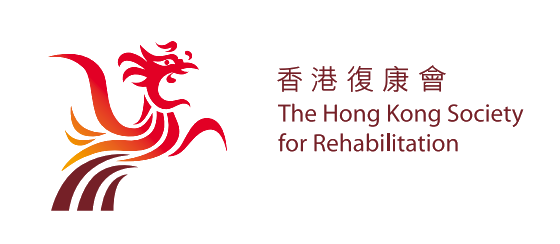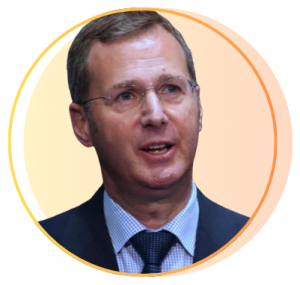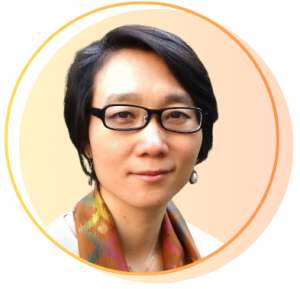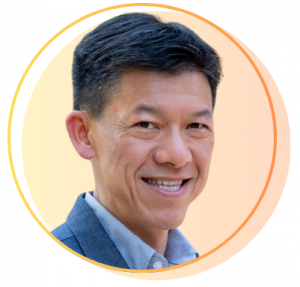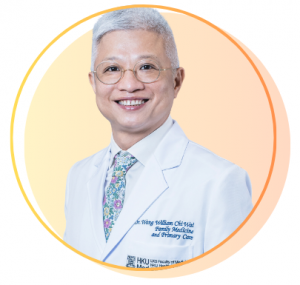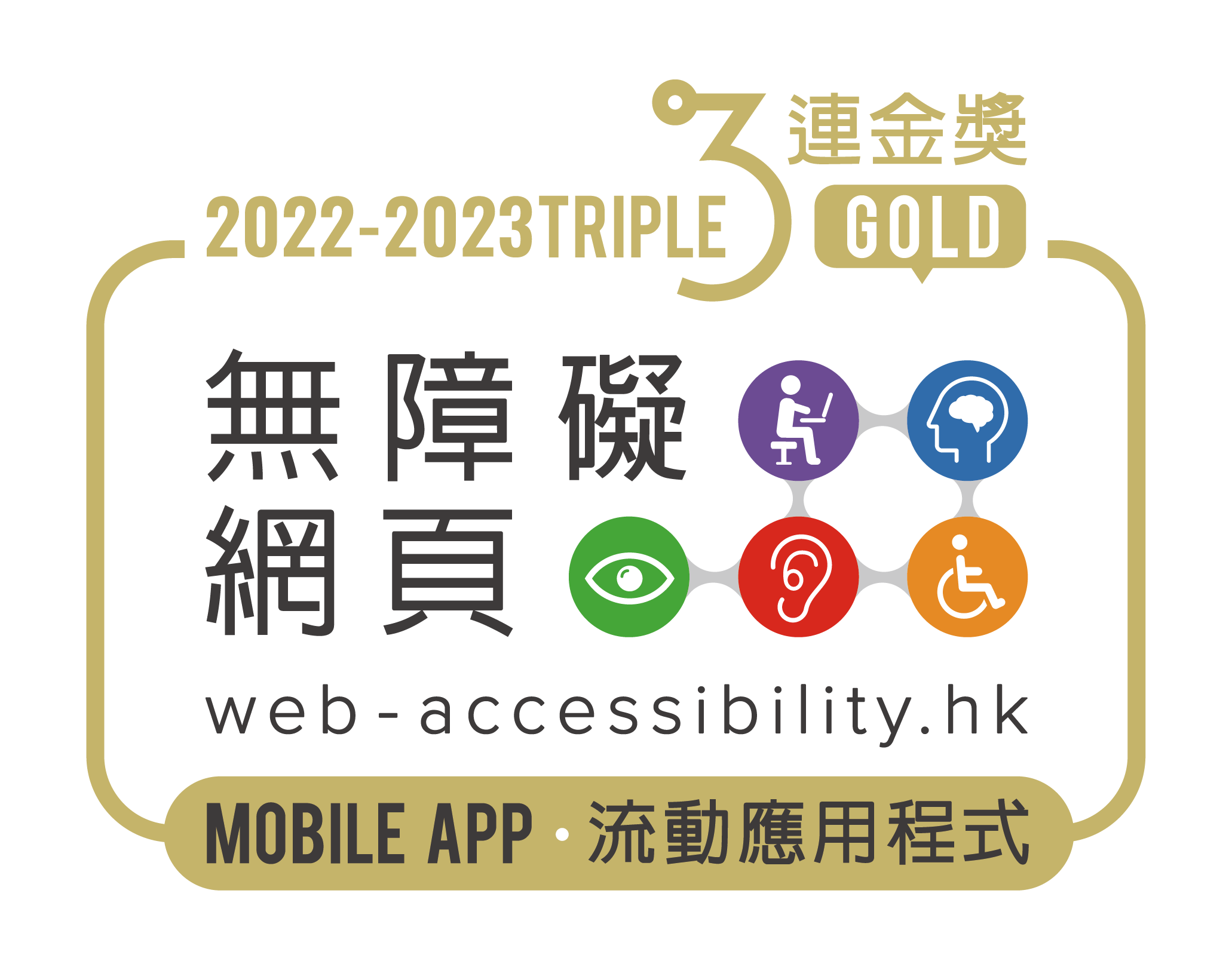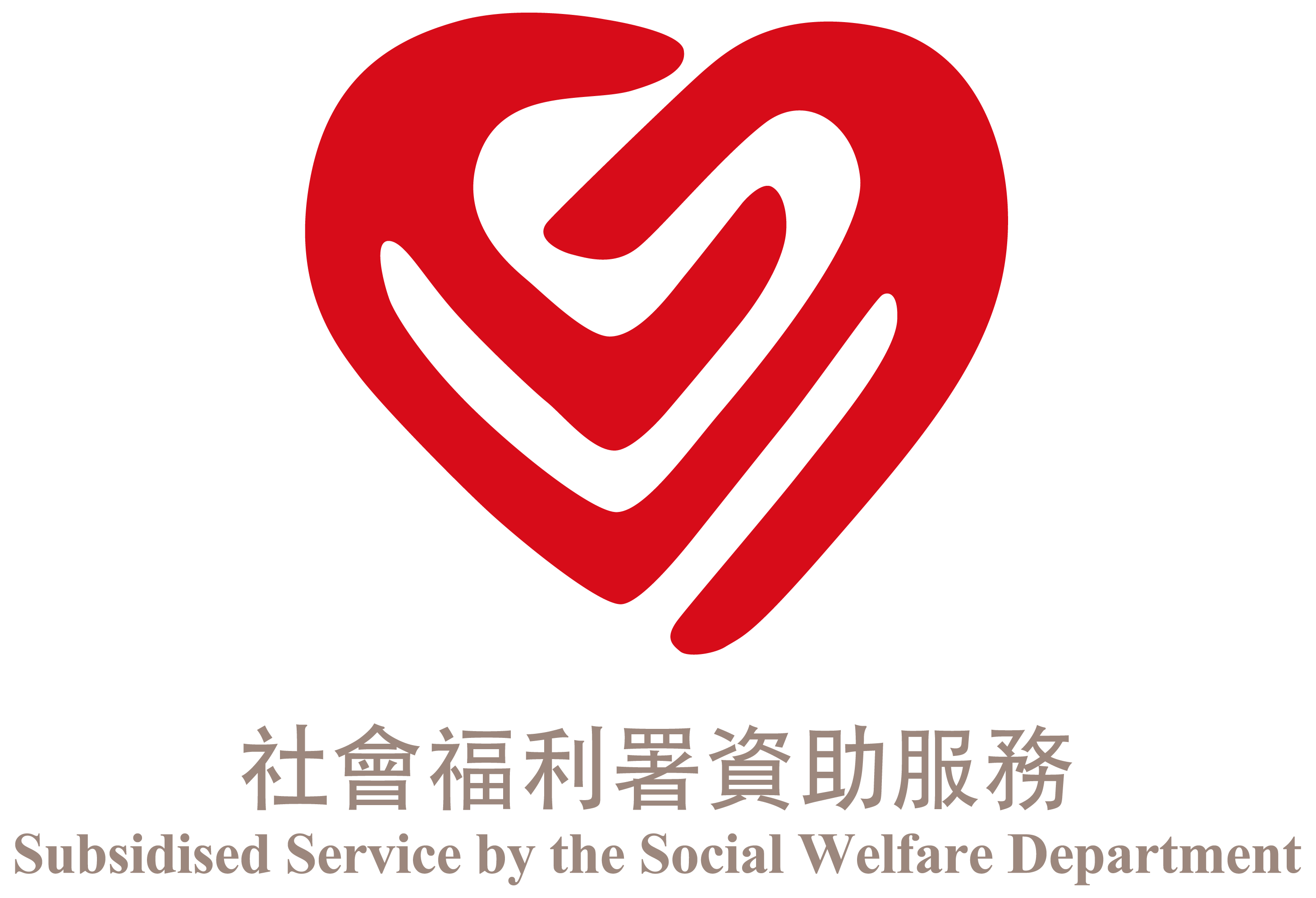Outstanding Oral Presentations
Nurturing Physiotherapy Students as Frontline Advocates for Primary Health Care
Jacqueline Pui Yan AU-YEUNG, Pak Kin IP
Introducing Loving-Kindness Meditation to Patients with Chronic Musculoskeletal Pain
Tsz Chung CHONG
Medication Management and Utilization of Community Pharmacy Service: a Survey of Sha Tin Residents in Hong Kong
Dilys Yan Wing CHOW
Enhancing Quality of Life for Older Adults through Adult Foster Care, Case Example in Finland
Raija M E KUISMA
The Use of Screening Tool to Provide Stratified Care to Patients with Low Back Pain in Primary Care Effective in Improving Pain-related Outcomes
Julia Chi Wing LAI, Chrissy Kiu Yan HO, Zoe Lai Ha MA
Feasibility, Acceptability and Preliminary Effectiveness of the “Outdoor Rehab-Fit” Integrative mHealth Intervention Among Inactive Frail Older Adults in Hong Kong
Janet L. C. LEE, Arnold Y. L. WONG, Peter H. F. NG, Kenneth N. K. FONG, Siu N. FU, Andy S. K. CHENG, Karen LEE, R. XIAO, H.Y. ZHANG
Holistic Community Care of People with Spinal Cord Injury: A Mindfulness and Motivational Interviewing Oriented Physical-Psychological Integrative intervention for Community-dwelling Spinal Cord Injury Survivors: A Mixed Methods Randomized Controlled Trial
Yan LI, Mengqi LI, Daniel BRESSINGTON, Kun LI, Arnold WONG, Wai Man CHUNG, Alex MOLASIOTIS, Christina Zong-Hao MA, Patrick Pui Kin KOR, Wing Fai YEUNG
The Encounter of Two Worlds: Divided Narratives of Decision-Making on Cancer Treatment Between Physicians and Patients
Weiwei LU, Dennis Sing Wing WONG
The New Era in Physiotherapy Management for Oxygen Therapy Users – Tele-monitoring for Community Care
Kim Chung MO, Man Wai NG, Hin Cheung TSANG, Yuk Ling TO
Benefits and Value of a Multi-component Group Exercise Program in a Singapore Nursing Home: A Program Evaluation Study
Sabrina Siew Yen PHUA, Bee Yin OOI, Ming Hua Cayla CHONG, Suryani Binte SAMAT, Dr. Wei Han David NG, Dr. Wee Shen TEO
“Voice Restored, Hope Rekindled”: A Case Report on Assistive Technology and Community Tele-rehabilitation for People with Amyotrophic Lateral Sclerosis
Kin Chung TANG, Peng LIAO, Rongnan YUE, Wendi LI, Jianchun LIU, Hao WU
MOVIN’ CARE for PD: A Project on Community Awareness, Rehabilitation and Empowerment for Parkinson’s Disease
Qi WANG, Melody FUNG, Charis LAI, Jeremy LUO, Chung LO, Jojo KWOK, Rainbow HO
The Impact of a 4-weekend Forest Bathing Program on Hypertensive Middle-Aged Adults
Katherine Ka Yin YAU, David Chung Ngok WONG, Frankie Tsz-Kin CHAN, Bronya Hi-Kwan LUK, Alice Yuen LOKE
Risk Factors for Physical Comorbidity in Patients with Severe Mental Illness: Implications for Integrated Person-Centered Care in China
Yuehui YU, Yaxuan MAO

